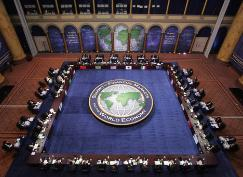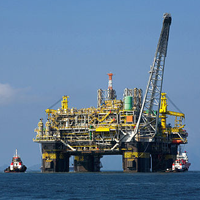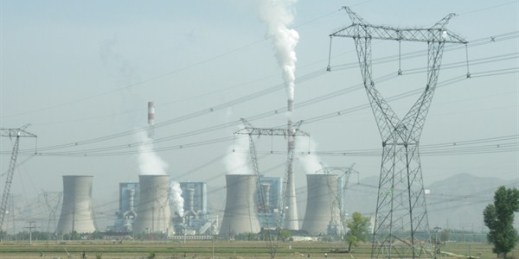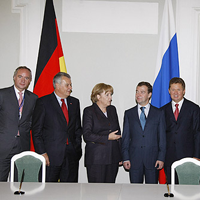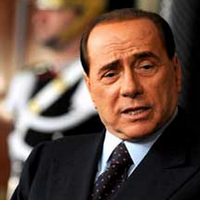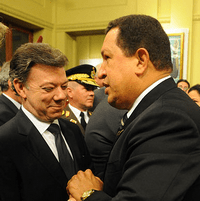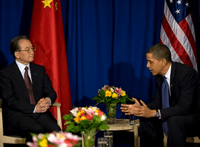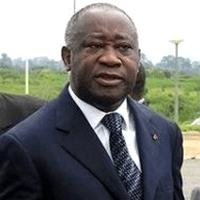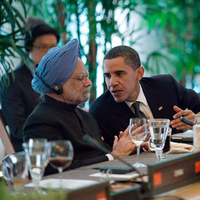
Before President Barack Obama embarked on his 10-day Asian trip, his longest overseas visit since taking office, he highlighted the tour’s economic objectives. But given that government leaders generally exert more control over political-military decisions than over economic trends, the strategic goals of Obama’s trip are perhaps more important and certainly worth examining. Obama has already completed the first and longest leg of his trip in India. Some Indian leaders who place great stock on status and symbolism grumble that despite enthusiastic rhetoric, the Obama White House has effectively downgraded the U.S.-Indian partnership compared to his predecessor. Unlike the Bush […]

